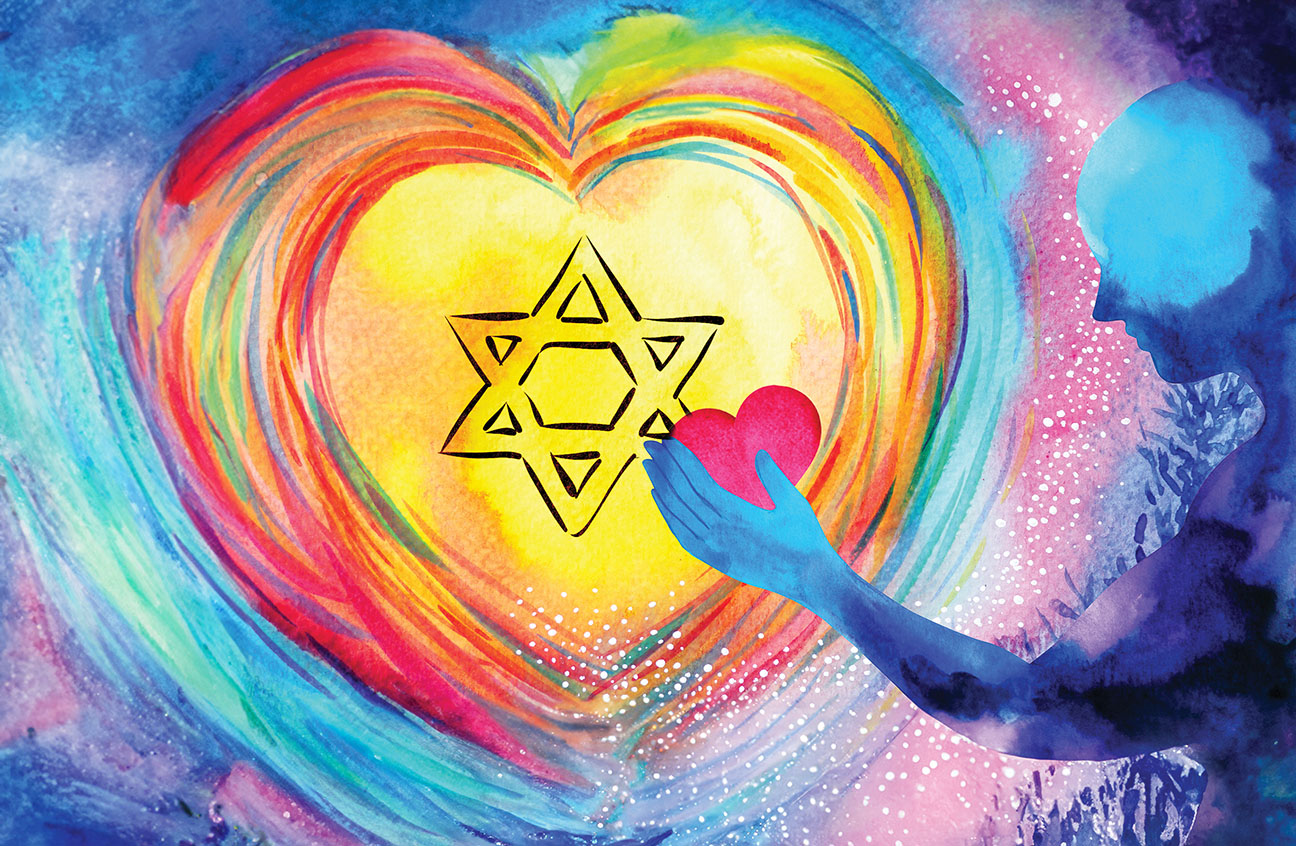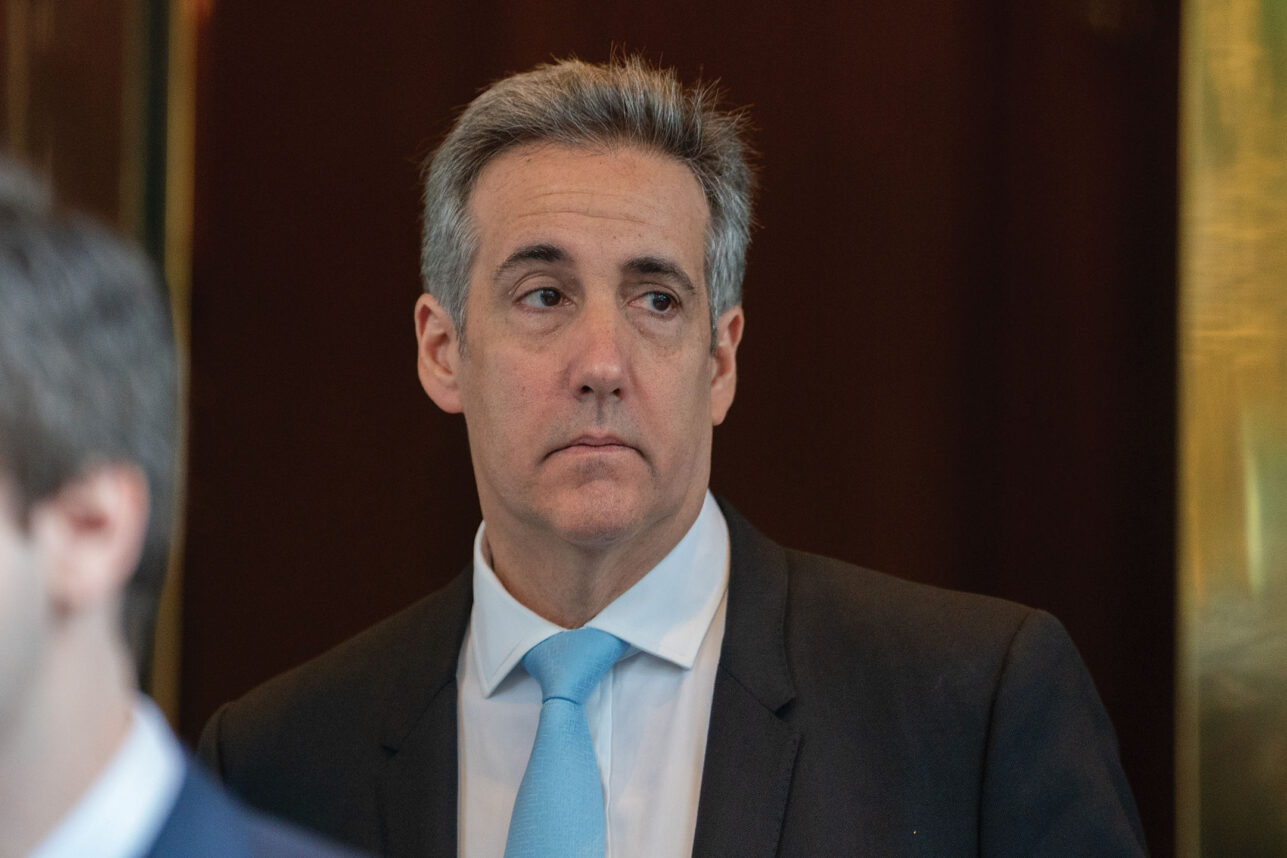Reblogged from Diverge: www.idiverge.wordpress.com
Two things to know about me: 1. My parents are divorced. 2. My mother and grandmother raised me. One thing you might not know: I didn’t think growing up in a house without men was weird, until people told me it was. My family just was what it was, and that was fine. Parents got divorced. Sometimes grandmothers moved in, and sometimes parents got remarried. People died. These were facts. Everybody had different ones.
Based on my facts, and how uncomfortable or confused they make other people, there’s an impulse to try to figure me out, especially when it comes to my politics. Two classics are: “The reason you don’t want to get married is because your parents’ marriage broke up,” and “You don’t want to have kids because your mother died and you’re afraid you’ll get sick and die too.”
Of course, the impulse to understand someone who’s not like you is natural-one could argue that as a fiction writer, I do it everyday. Part of me thinks these attempts to shrink me are hilarious, but most of me is outraged. Our experiences, the textures of our lives, contribute to making us who we are. I could have reacted differently to what’s happened in my life. Instead of opting out of marriage and children, I could be grasping for them-desperate to create the traditional structure that I didn’t have.
Here’s the thing about me, though-the way I’ve responded to my experiences is to be honest about what I want. The reason I want those things, or don’t want them, may in fact be influenced by my upbringing, but that’s why the phrase “the personal is political” is so important and relevant. Being a feminist, or radical character of any sort, means actively rejecting and/or analyzing what crosses my path everyday, things I’m expected to accept and conform to as a woman. Since I make different choices, since I challenge structures and threaten what people consider normal, this leaves me vulnerable for the attack, or the analysis of others.
The overarching theme in my decision-making is that I believe in being truthful with myself about what I think and feel will make the best life for me, where I can build a space in which I can access my potential to work for justice and create. As a person who benefits from white skinned, educated privilege, I can make these decisions in relative safety and security.
The bottom line is this: We pathologize people who make choices that place them outside of normative structures. We might believe our efforts are benign – after all, we’re just trying to understand each other. We read other’s experiences through our individual lenses, but then we use the most nefarious of systems-sexism, racism, heteronormativity, etc- to process them, because we’ve learned to associate normalcy with morality and truth. That’s the most insipid part of all of this-the fact that we really believe that we’re the safest when everyone else is just like us.






















 More news and opinions than at a Shabbat dinner, right in your inbox.
More news and opinions than at a Shabbat dinner, right in your inbox.